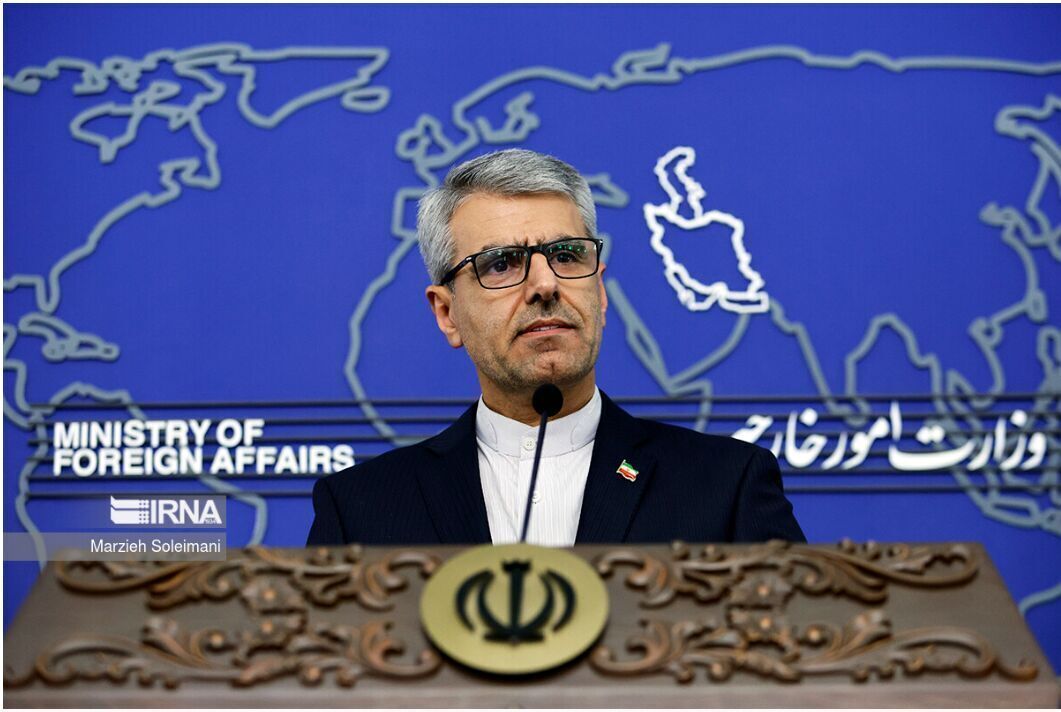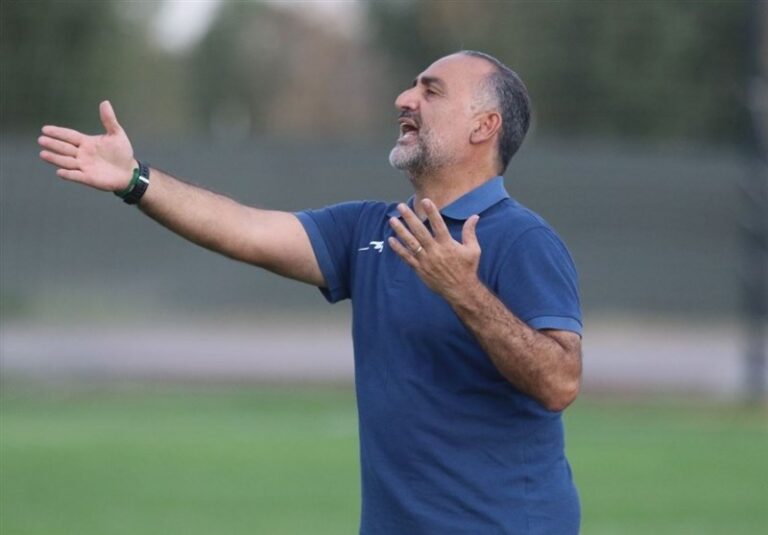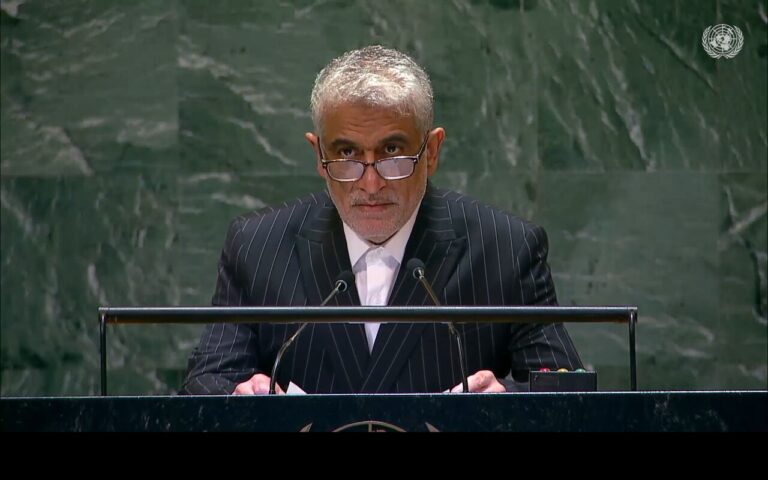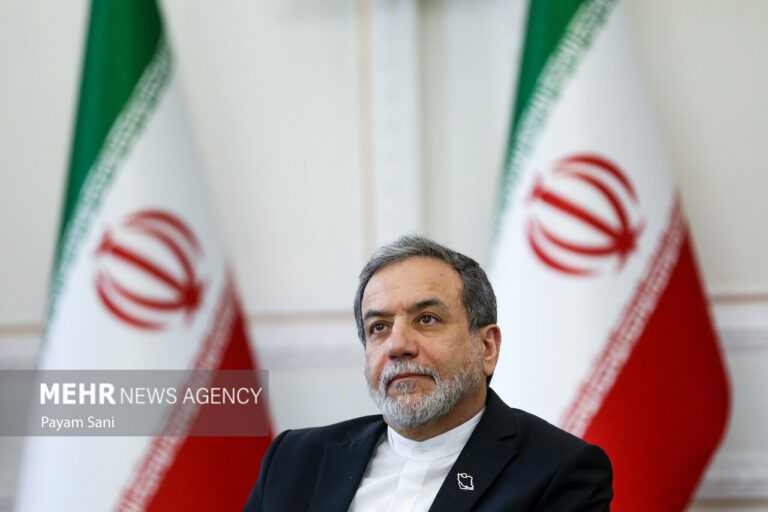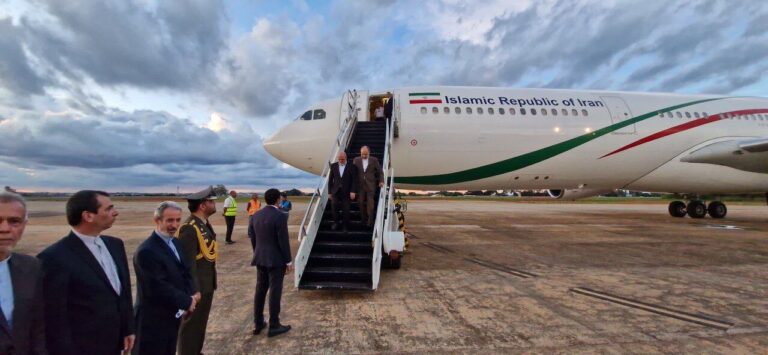Iran’s Nuclear Program: Foreign Ministry Affirms Compliance with International Law
Tehran, IRNA – In a recent statement, Foreign Ministry spokesperson Esmaeil Baqaei emphasized Iran’s right to develop nuclear energy for peaceful purposes, asserting its compliance with international law. This reiteration highlights Iran’s longstanding commitment to its nuclear program, which has been in pursuit since the 1970s as a member of the Non-Proliferation Treaty (N.P.T.).
During the weekly press briefing on Monday, Baqaei remarked, “Iran’s principled position on the use of nuclear energy is based on logic and international law.”
Addressing Anti-Iran Sentiments
Baqaei refuted recent claims from the French foreign minister regarding Iran’s nuclear ambitions and sanctions. He described the remarks as peculiar, suggesting they might serve as a form of negotiation outside the established dialogue, which Iran finds unacceptable.
Jean-Noel Barrot faced backlash after he threatened Iran with sanctions, suggesting Tehran is close to developing nuclear weapons. In response, the Foreign Ministry labeled France’s warnings as “absurd” and “politically irresponsible.”
Clarifying Iran’s Nuclear Intent
When questioned about U.S. President Joe Biden’s comments that Iran does not need nuclear energy, Baqaei reiterated Iran’s stance, stating, “We do not negotiate the issue in the public space and the media.” He highlighted that although Iran possesses substantial fossil resources, there exists an imbalance in the energy sector.
- “The talk about the existence of huge fossil resources and the lack of need for nuclear energy really has no scientific or factual basis,” he added.
Upcoming Indirect Talks with the U.S.
Baqaei mentioned that both Iran and the U.S. are waiting for an announcement from Oman regarding the next round of indirect talks. He stated, “Changing the time or postponing the talks was based on the proposal from the mediator, namely the Foreign Minister of Oman, and by mutual understanding.”
He reaffirmed Iran’s dedication to dialogue and diplomacy, noting that Iranian delegations have participated in these discussions with full readiness. Baqaei warned that “conflicting and contradictory messages by some American officials will not be helpful.”
Focus on Nuclear Issues and Sanctions
In response to Barrot’s call for the inclusion of non-nuclear issues in potential agreements with the U.S., Baqaei clarified that negotiations will focus exclusively on the nuclear issue and the lifting of sanctions. He stated, “We are ready to continue a diplomatic and dialogue-based path to resolve issues.”
Moreover, Baqaei noted that a meeting with the European Troika (France, Britain, and Germany), which was scheduled alongside the indirect talks with the U.S., was postponed due to logistical reasons.
Regional Diplomacy and Support for Palestine
On the topic of Foreign Minister Abbas Araqchi’s visit to Pakistan, Baqaei explained that this trip aligns with ongoing consultations with neighboring countries. He emphasized that bilateral issues, particularly those concerning occupied Palestine, Lebanon, and Syria, will be discussed with Pakistani officials.
Baqaei also mentioned Araqchi’s upcoming visit to India to participate in the Joint Economic Commission. Furthermore, he addressed Iran’s presence at the International Court of Justice (I.C.J.) regarding the Israeli regime’s obligation to provide aid to Gaza, stating that this was part of Iran’s commitment to support the Palestinian people.
Confronting Israeli Threats
Baqaei warned against the Israeli regime’s repeated threats, asserting that any aggression towards Iran would provoke a decisive response. He stated, “Our armed forces will definitely respond with all their might and with complete vigilance to any aggression and any adventurism in the most severe way possible.”
Additionally, he condemned Israel’s ongoing attacks on Syria, accusing the regime of targeting civilian and defense facilities. He criticized the narrative that these actions are in support of minorities, stating, “the goal is definitely to cause division and advance the plan to divide Syria.”
In conclusion, Baqaei urged the main supporters of Israel, particularly the United States and certain European nations, to take action to prevent further destabilization in the region.
